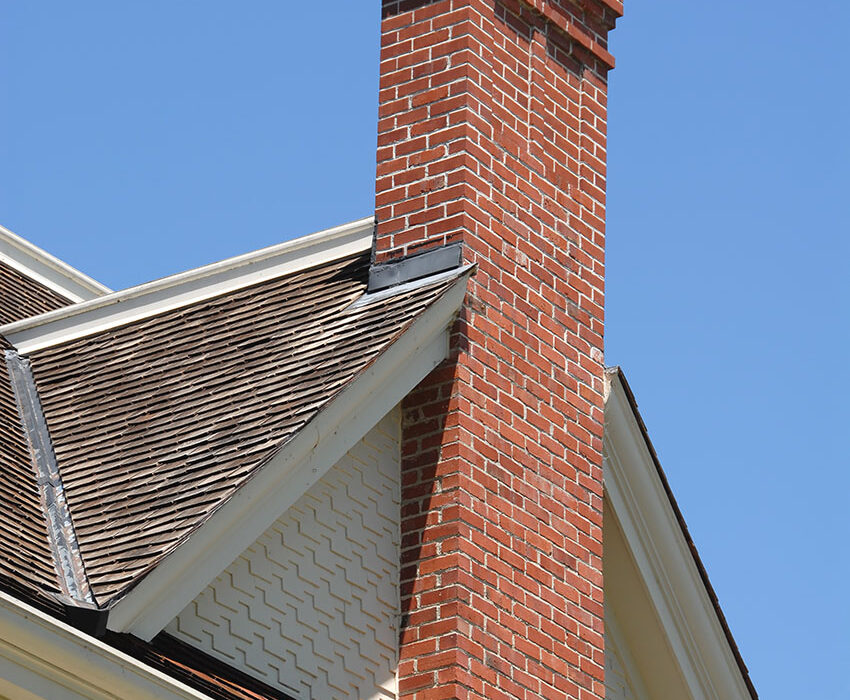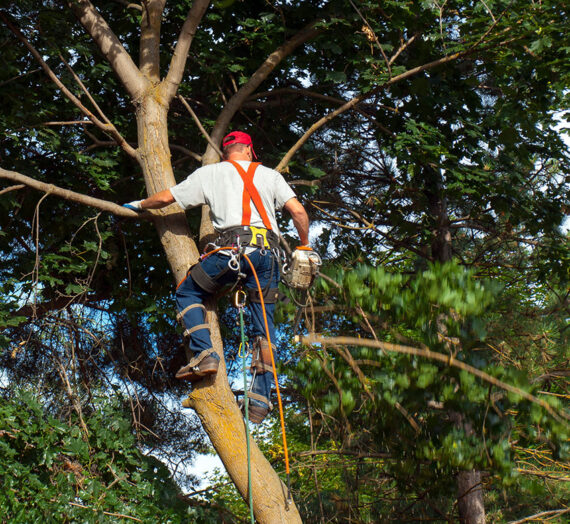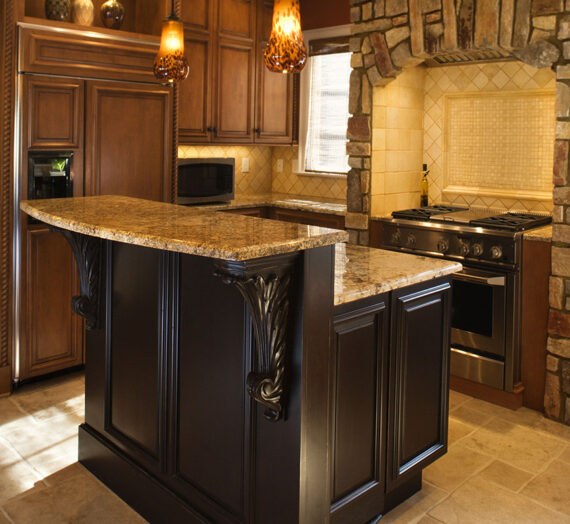If you ask many homeowners, they will tell you the reason they seek chimney cleaning services is that they don’t want to suffer from chimney fires. Did you know dirty chimneys are a health hazard? Here are some of the ways in which you can compromise your health from having a dirty chimney:
Creosote exposure
Creosote is an oily black substance that builds up inside the chimney flue when you go for a long time without cleaning it. Creosote results when there is incomplete wood combustion. In addition to creosote being unsightly to look at, it also has a number of undesirable health effects such as:
Skin irritation: Are you allergic to dust? Chances are that when you come into contact with creosote, you will develop rashes. In severe cases, you might develop skin conditions.
Eye irritation: This goes without saying. When creosote particles are flying all over the house, they are bound to get into your eyes. As you might have guessed, this leads to eye irritation. Sometimes the irritation is grave to the extent of causing burning sensations or chemical burns.
It’s also common to develop high light sensitivity making it hard for you to undertake your daily chores outdoors.
Respiratory problems: If the creosote particles are going to irritate your eyes, chances are that they are also going to irritate your respiratory system. As a result, you are bound to start coughing, among many other things.
Cancer: Did you know that you can get cancer from creosote exposure? Long-term exposure of creosote is bound to cause skin cancer.
Abdominal problems: In severe cases, high creosote levels irritate the kidneys and liver leading to abdominal problems.
Other side effects of creosote are seizures and confusion in some people.
How can you prevent all this from happening? Simple. All you need to do is to clean the chimney at least once a year. You can do it by yourself or hire a professional to help you out.
Carbon monoxide poisoning
Plenty of deaths have been reported resulting from carbon monoxide poisoning. Carbon monoxide is colorless, odorless, and tasteless gas. This makes extremely hazardous. You might be wondering how a dirty chimney leads to carbon monoxide poisoning, right?
When the chimney is dirty, there are materials in the chimney blocking the carbon monoxide from leaving the house. This means that the gas that is meant to go out, stays in. When substantial levels of the gas accumulate, you are bound to experience flu-like symptoms such as nausea, fatigue, headache, and confusion.
Inhaling large quantities of the gas at once has been shown to lead to brain damage, heart problems, and in severe cases, death.
When you hire a chimney cleaning professional, he/she should not only get rid of creosote, he/she should also inspect the insides of the chimney and remove dead birds and other materials that might be stuck there.
Chimney soot inhalation
Just like creosote, chimney soot comes about due to incomplete combustion. It comes about when wood doesn’t burn hot enough. This leads to the formation of black or brown dust sticks inside the chimney.
Failure to remove the soot early enough leads to a number of problems. The first one is lung hazard. Just like creosote, when you inhale large amounts of the soot, you have high chances of irritating the lungs. In some cases, you might cause lung disease.
In addition to this, you stand to suffer from respiratory infections when you are exposed to chimney soot for a long time.
Just like when getting rid of creosote, the only way of getting rid of chimney soot is to clean the chimney. As mentioned above, you can clean it by yourself or hire a professional to help you out.
Histoplasmosis
Histoplasmosis is a respiratory condition that comes about due to the inhalation of bird droppings. When you don’t clean your chimney regularly, chimney swifts, small, brownish birds can easily reside in your chimney. Their droppings bring about histoplasmosis.
When you are suffering from the condition you develop flu-like symptoms. They include: chronic coughs, chest pain, fever, sweats, and lack of appetite.
During chimney cleaning, the chimney sweep Bowie should identify the residence of the chimney swifts and get rid of them.



